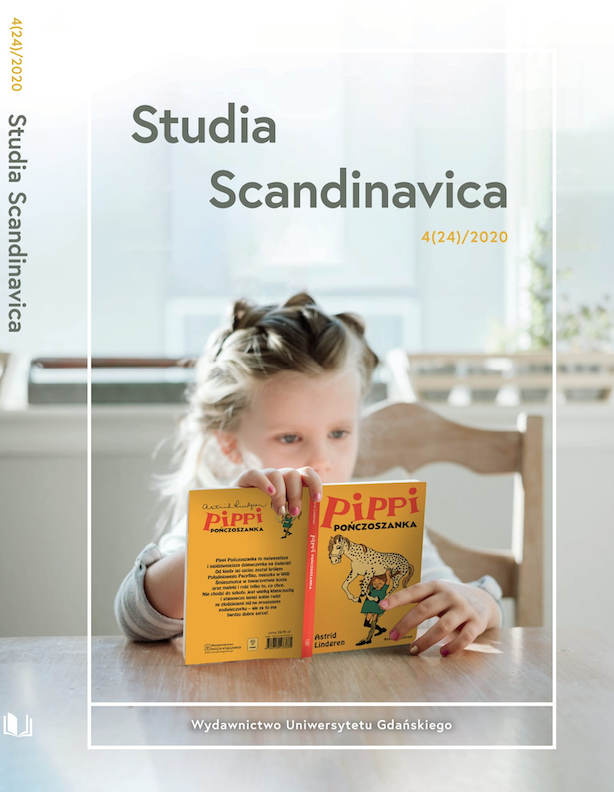Kwenowie – (nie)zapomniana mniejszość
The Kven People – the (un)forgotten minority
Author(s): Sylwia HlebowiczSubject(s): Finno-Ugrian studies, Ethnic Minorities Studies
Published by: Uniwersytet Gdański
Keywords: Kwenowie; Kwenlandia; wczesne osadnictwo kweńskie; polityka względem mniejszości narodowych; rewitalizacja kultury; język mniejszości
Summary/Abstract: The Kven People have lived in the North Cape area since ancient times. The first account of the Cwenas is to be found in Ohthere’s of Hålogaland account, which dates back to 890 C.E., and describes the existence of peoples living in Cwena land in the north of Sweden. Kven people are said to be descendants of Finnish peasants and fishermen who emigrated from the northern parts of Finland and Sweden to Northern Norway. The tax books from the sixteenth century indicate clearly that the Kven people lived permanently in the area of the Gulf of Bothnia. The Kvens were well integrated, and perceived as a valuable workforce. Still, tempestuous Russian history combined with Finnish dependency on the Russian Empire backfired on the perception of the Kvens in Norway, as they were seen as a menace to national security. As a result, they were made to go through a very strict assimilation process from the nineteenth century onwards. After WWII, their situation became somewhat better, but it still left much to be desired, since they were thought to collaborate with the USSR. The wind of change started to blow in 1996, when the Kvens were granted minority status in Norway, and in 2005 the Kven language was recognized as a minority language in Norway.
Journal: Studia Scandinavica
- Issue Year: 24/2020
- Issue No: 4
- Page Range: 149-169
- Page Count: 21
- Language: Polish

